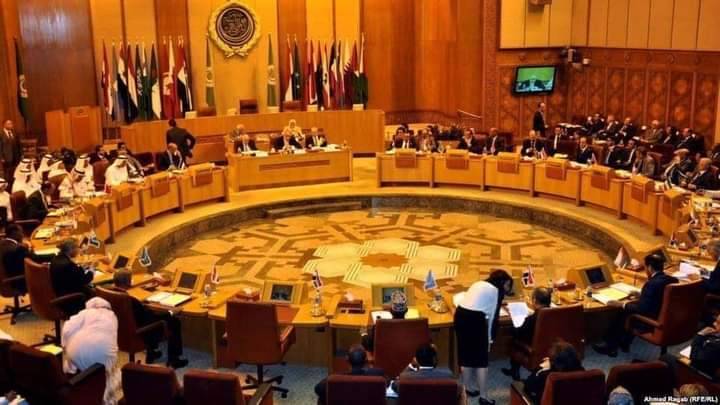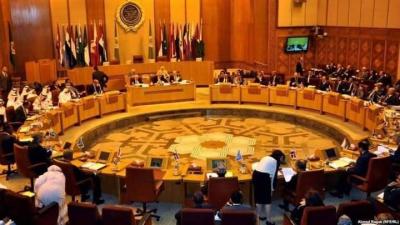Lebanon will host the consultative meeting of Arab foreign ministers on Saturday, as it currently presides over the Council of Arab Foreign Ministers. The levels of representation vary from one country to another, with Jordan, Tunisia, Algeria, Sudan, Yemen, Somalia, Palestine, Qatar, Kuwait, and the Comoros represented by their foreign ministers. Egypt will be represented by its deputy foreign minister, while the UAE, Saudi Arabia, Iraq, Oman, Libya, Djibouti, and Morocco will be represented by their permanent representatives to the Arab League. Bahrain will be represented by its ambassador to Syria. Additionally, the session will be chaired by Foreign Minister Abdullah Bou Habib, with the participation of the Secretary-General of the Arab League, Ahmed Aboul Gheit. Syria will be absent from the meeting due to the suspension of its membership in the Arab League.
The Secretary-General of the Arab League arrived in Beirut, where he was welcomed by the Minister of Foreign Affairs and Emigrants in the caretaker government, Abdullah Bou Habib. Aboul Gheit emphasized the importance of this meeting upon his arrival at the airport. Bou Habib also received the foreign ministers of Tunisia, Algeria, and Kuwait today and welcomed the Deputy Prime Minister and foreign minister of Qatar, Sheikh Mohammed bin Abdulrahman Al Thani, who arrived on Friday.
The consultative session in Beirut will commence at 10 a.m. on Saturday, preceded by a visit from the delegation of foreign ministers and the Arab League to the Baabda Palace to meet with President Michel Aoun. Following the meeting, the delegation will visit Ain al-Tineh for a meeting with President Nabih Berri. The Arab day will conclude with a joint press conference held by Aboul Gheit and the Lebanese Foreign Minister.
In parallel to the meeting, the Saudi ambassador to Lebanon, Walid Bukhari, hosted a luncheon at his residence in Yarze in honor of Yemeni Foreign Minister Ahmed Awad bin Mubarak. The luncheon was attended by a number of political, diplomatic, and media figures, who discussed common Arab and local issues, particularly Lebanon's return to its Arab surroundings.




